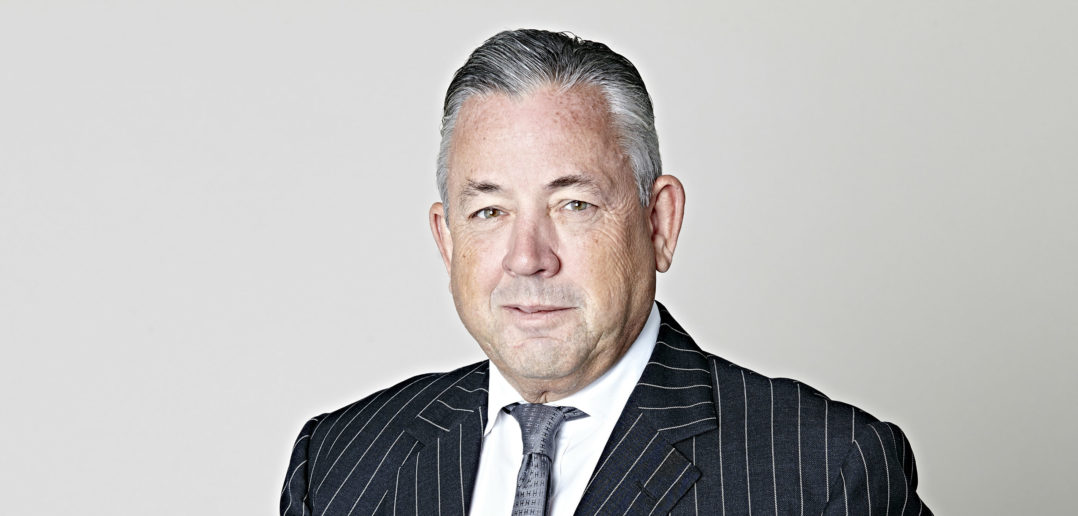With Brexit approaching and a weak and unstable government, the UK is facing uncertain times. However, after an initial blip, the real estate investment market, particularly in London, has proved to be remarkably resilient. The question is: why?
MIPIM UK caught up with John Slade, partner and executive chairman at Evans Randall, to canvas his views.
You’re known as a cheerleader for London’s commercial property market. Do you remain bullish?
I do. The proof of the pudding is in the eating and so far, we’ve had a pretty good year. There is still tremendous interest in London – and Paris and the German cities – and the level of money doesn’t seem to have subsided. There is still a lot of money from all over the world and there have been some really notable deals in London in the last quarter. It’s a major vote of confidence in the stability of the city.
Is it a vote of confidence or is it investors picking up bargains because of the weak pound?
I think the Hong Kong buyers have been picking up bargains and they are still around – you’ve also got Korean buyers coming back into the market. They were prevalent about five years ago but took a bit of a breather. I think they felt that, with the instability around Brexit and the low yields in London, places like Frankfurt, Paris, Munich and Berlin were better options for them. But they’ve come back to London this year with a vengeance. I don’t think that is currency driven; I think that because of the demand in other European cities and the lack of supply that they’re coming back to London because it’s better value compared to other markets.
Why are Hong Kong buyers more interested in the currency play?
Because the Hong Kong guys are more speculative, more risk taking. As a generalisation, I think they look at currency and property together because they’re professional investors and high net worth individuals, whereas the institutions from Korea and other countries probably look at currency and property separately. If they want to deal in currency they will do it separately from property.
Do you think that the current interest will be sustained?
Yes. While you have this volume of investment money in the world, whether it’s sovereign wealth funds, compulsory annuities, property companies or managed investment funds, that money isn’t going away. It needs to find a home and I think it sees property in places like London, New York and Paris as a stable part of a portfolio. If it was going to go away, surely the Brexit vote would have seriously disturbed it. Yes, it did disturb it for six months, but it didn’t turn it off. You’d have thought that the instability around what sort of deal we’re going to get with the EU would have turned it off, but that hasn’t happened.
Where do you think we are in the cycle?
I’ve heard people asking whether this is the top of the cycle, but I don’t think anybody knows what the cycle is or what it means anymore. I think the economic fundamentals in terms of supply and demand in the real estate market, low interest rates and low debt ratios are looking alright. It doesn’t feel to me like there is a crash around the corner.
Do you see any of that international capital moving outside the capital?
It’s still about London, but I know that some of the Koreans are looking outside of the capital. So, good South East centres and strong cities elsewhere will attract investment. It’s about finding a better yield and spreading the risk – but fundamentally it’s about better yield.



